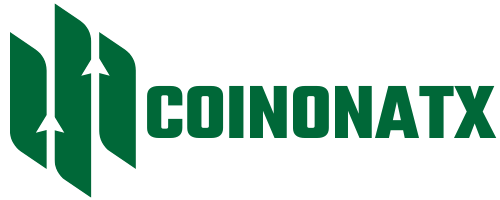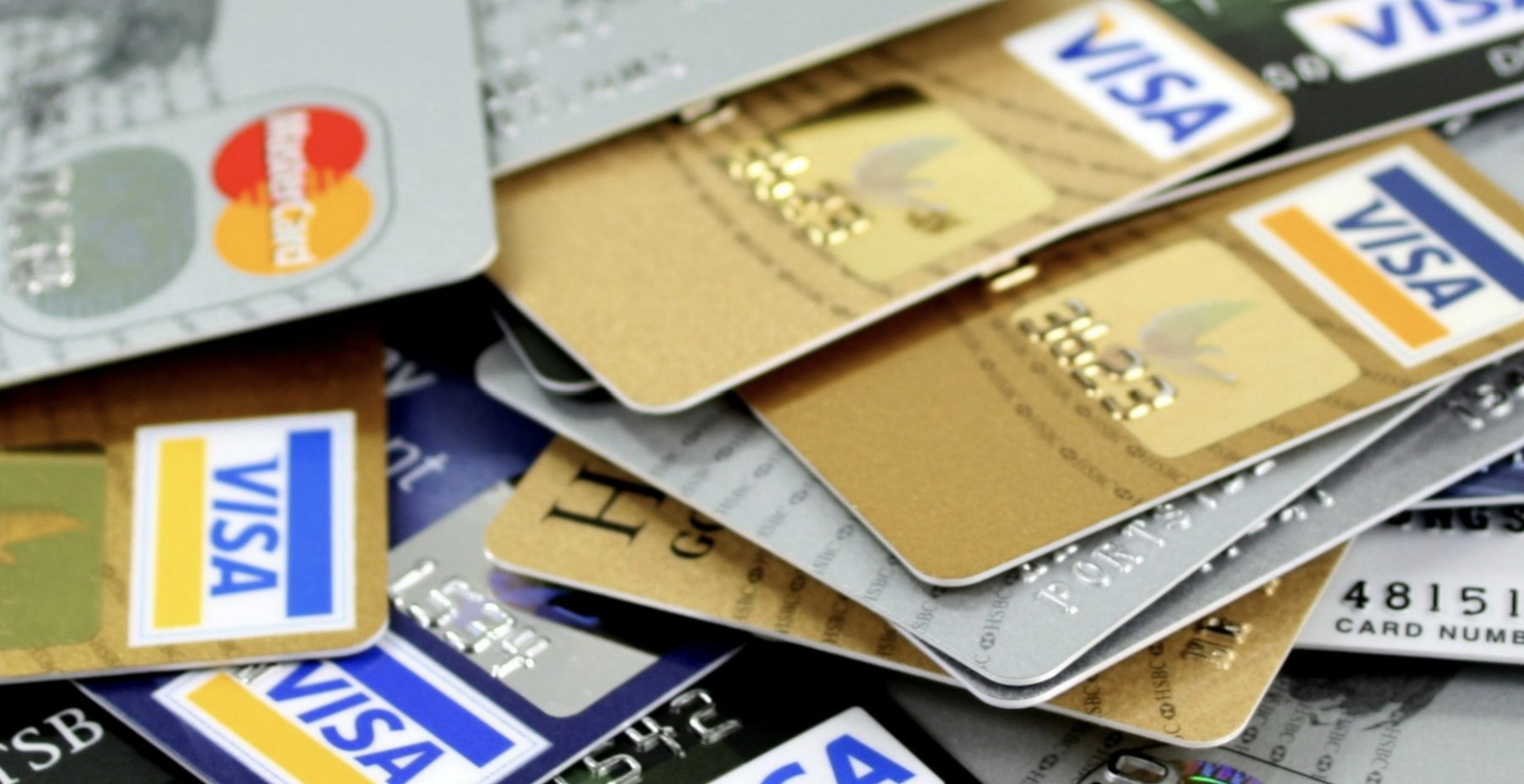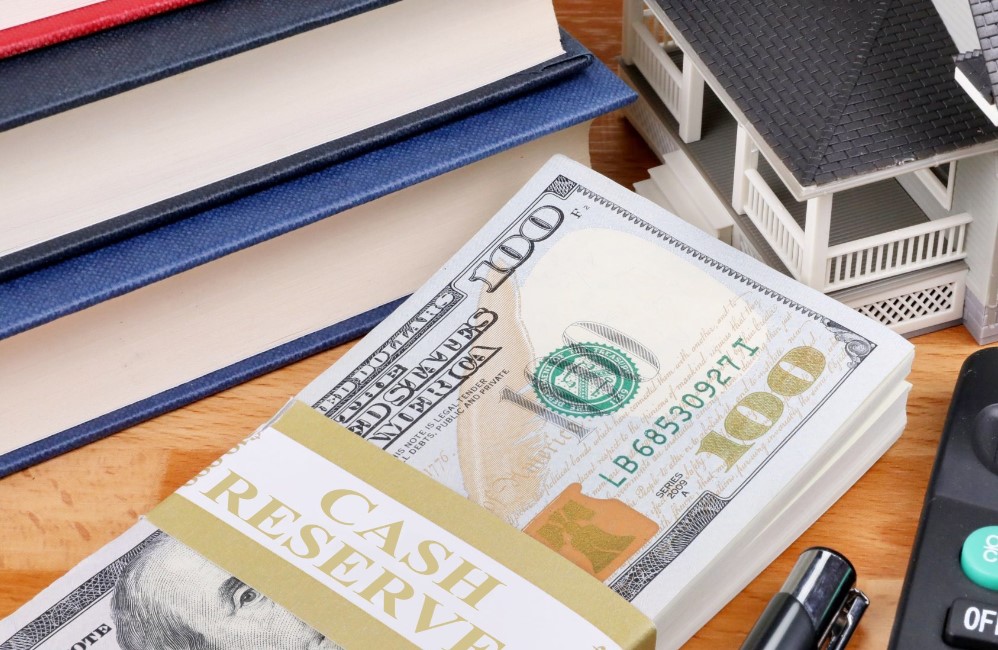In the world of personal finance, credit cards and debit cards are two of the most common forms of payment. While they may seem similar, there are key differences between the two that can have a significant impact on your financial well-being. Understanding these differences is crucial for making informed decisions about how you use these cards. In this article, we will explore the key differences between credit cards and debit cards and how they can affect your finances
What is a Credit Card?
A credit card is a payment card that allows you to borrow money from a bank or financial institution to make purchases. When you use a credit card, you are essentially taking out a short-term loan. You can use a credit card to make purchases online, in-store, or over the phone. At the end of each billing cycle, you will receive a statement detailing your purchases and the amount you owe. You can choose to pay off the full balance, make a minimum payment, or pay any amount in between.
What is a Debit Card?
A debit card, on the other hand, is linked to your checking account. When you use a debit card to make a purchase, the money is withdrawn directly from your account. You can use a debit card to make purchases online, in-store, or at ATMs to withdraw cash. Unlike a credit card, you are not borrowing money when you use a debit card. Instead, you are using your own funds.
Credit Card vs Debit: Key Differences
- Source of Funds: The primary difference between a credit card and a debit card is the source of funds. With a credit card, you are borrowing money from the bank or financial institution issuing the card. With a debit card, you are using your own money.
- Interest: Because you are borrowing money with a credit card, you may be charged interest on any balance you carry over from month to month. Debit cards do not charge interest, as you are using your own funds.
- Overdraft Fees: Debit cards can be linked to your checking account, which means you can overdraft if you spend more than you have in your account. This can result in overdraft fees. Credit cards do not have overdraft fees, but you can incur fees for late payments or going over your credit limit.
- Credit Score: Using a credit card responsibly can help you build or improve your credit score. Your credit score is a measure of your creditworthiness and is used by lenders to determine whether to lend you money and at what interest rate. Debit card usage does not affect your credit score, as you are not borrowing money.
- Fraud Protection: Both credit cards and debit cards offer fraud protection, but the extent of protection may vary. Credit cards generally offer more robust fraud protection, including zero liability for unauthorized charges. Debit cards may have limits on liability for unauthorized charges, but these limits are often less generous than those for credit cards.
Managing Spending with Payment Tools
Effectively controlling your expenses while utilizing financial instruments such as plastic payment methods involves a strategic approach to budget management. By leveraging the functionalities inherent in these monetary tools, individuals can exercise greater restraint over their expenditure patterns, thereby fostering fiscal discipline and enhancing financial well-being.
1. Tracking Expenditures: One pivotal aspect of prudent spending management revolves around diligently monitoring your outflows. This entails maintaining a comprehensive record of transactions conducted through your chosen payment medium. By meticulously documenting each purchase, individuals gain invaluable insights into their spending habits, enabling them to identify areas for potential optimization.
2. Setting Budgetary Limits: Establishing predefined thresholds for discretionary spending constitutes another effective strategy for regulating financial outlays. By delineating clear boundaries within which to operate, individuals can mitigate the risk of impulsive purchases and exercise greater control over their overall expenditure trajectory.
3. Embracing Automated Tools: Leveraging the technological capabilities afforded by modern payment solutions, such as online banking platforms and mobile applications, can significantly facilitate the task of expense management. Automated features, including transaction categorization and real-time alerts, empower users to proactively monitor their financial activities and make informed decisions in accordance with their budgetary objectives.
4. Cultivating Financial Awareness: Fostering a heightened sense of consciousness regarding one’s financial position and spending behavior constitutes a cornerstone of effective expense management. By cultivating mindfulness in financial matters, individuals can develop a keener appreciation for the implications of their purchasing decisions and exercise greater prudence in their consumption patterns.
5. Engaging in Regular Reviews: Adopting a proactive approach to assessing and reassessing one’s expenditure patterns is essential for maintaining long-term financial stability. Regularly reviewing your financial statements and budgetary allocations enables you to identify any deviations from your established spending norms and take corrective action as necessary.
Security Features of Payment Cards
In this section, we delve into the protective measures embedded within modern payment instruments, shielding users from unauthorized access and fraudulent activities.
| 1. Encryption | The encoding of sensitive data into unreadable formats, safeguarding it from interception and misuse during transactions. |
| 2. Authentication | The process of verifying the identity of users through multifactor authentication methods, ensuring only authorized individuals can access the account. |
| 3. Fraud Monitoring | Real-time surveillance systems that scrutinize transactions for suspicious patterns or irregularities, triggering alerts for potential fraudulent activities. |
| 4. Chip Technology | The integration of microchips within cards, enhancing security by generating unique codes for each transaction, mitigating the risk of counterfeit fraud. |
| 5. Secure Codes | Dynamic security codes, such as CVV or CVC, provided alongside traditional card details, bolstering protection during online and over-the-phone transactions. |
These security features collectively fortify payment cards, instilling confidence in users and fostering a secure financial ecosystem.
Choosing Prudently: Which Payment Method Aligns with Your Requirements?
Choosing the right payment method is an important decision that can have a significant impact on your financial well-being. To make an informed choice, it’s essential to consider your individual requirements and financial habits. Here’s a guide to help you determine which payment method aligns best with your needs:
Credit Card:
- Build Credit: If you’re looking to build or improve your credit score, using a credit card responsibly can help. Timely payments and keeping your credit utilization low can positively impact your credit score.
- Rewards and Benefits: Many credit cards offer rewards such as cashback, travel miles, or points that can be redeemed for various goods and services. If you can take advantage of these rewards, a credit card may be a good choice.
- Consumer Protection: Credit cards often offer more robust consumer protection against fraud and unauthorized charges compared to debit cards.
- Interest and Fees: Be aware of the interest rates and fees associated with credit cards. Carrying a balance can lead to high-interest charges, so it’s important to pay off your balance in full each month if possible.
Debit Card:
- Avoid Debt: Since you’re using your own funds, there’s no risk of accumulating debt with a debit card. This can be beneficial if you prefer not to borrow money.
- Budgeting: Using a debit card can help you stick to a budget, as you can only spend the money you have in your account.
- ATM Access: Debit cards can be used to withdraw cash from ATMs, providing you with easy access to your funds.
- No Interest: Unlike credit cards, debit cards do not charge interest, making them a cost-effective payment method.
Which One is Right for You?
- Financial Responsibility: If you’re confident in your ability to manage credit responsibly and pay off your balance each month, a credit card may offer more benefits.
- Budgeting and Control: If you prefer a more straightforward approach to spending and want to avoid the temptation of accumulating debt, a debit card may be a better choice.
- Emergency Fund: Consider having an emergency fund in place to cover unexpected expenses, regardless of the payment method you choose.
Conclusion
In conclusion, credit cards and debit cards are both useful financial tools, but they have key differences that can affect your finances. Credit cards allow you to borrow money and can help you build credit, but they can also lead to debt if not used responsibly. Debit cards use your own money and do not affect your credit score, but they can lead to overdraft fees if you spend more than you have. Understanding these differences can help you make informed decisions about how you use these cards and manage your finances effectively.
What are the main differences between credit and debit cards?
Credit cards allow you to borrow money up to a certain limit, while debit cards are linked directly to your bank account, deducting funds immediately for purchases.
How do credit and debit cards affect my finances differently?
Using a credit card can result in debt if you don’t pay off your balance, often with interest. Debit cards, on the other hand, only let you spend what you have in your bank account, reducing the risk of overspending or accruing debt.
Which type of card offers better fraud protection?
Credit cards generally offer better fraud protection because they are not directly linked to your bank account. If unauthorized charges occur, you can dispute them before paying the bill. Debit cards may offer less protection, as fraudulent transactions directly affect your bank balance.
How do credit and debit cards impact my credit score?
Using a credit card responsibly by making timely payments can help build a positive credit history and improve your credit score. Debit card usage does not affect your credit score since it doesn’t involve borrowing money.





Leave a Reply